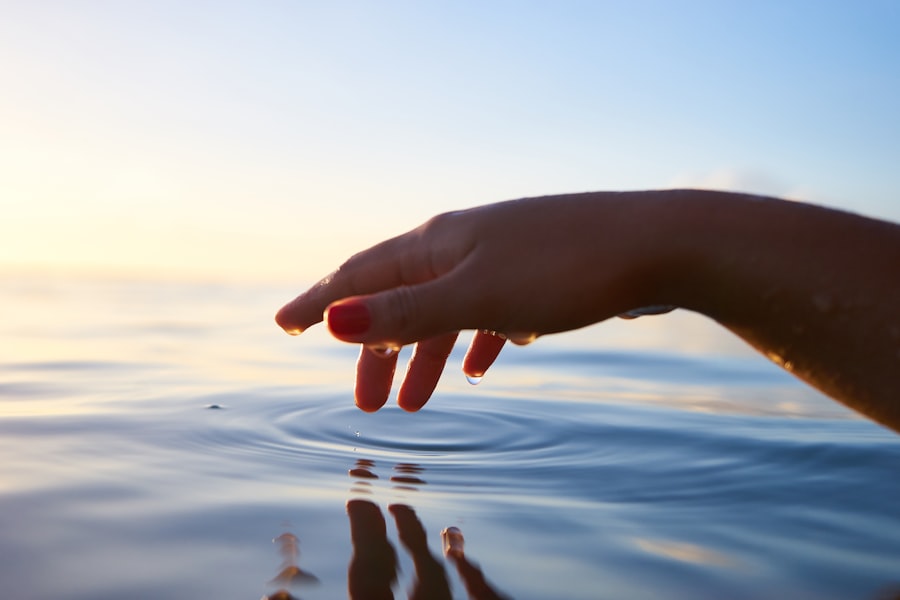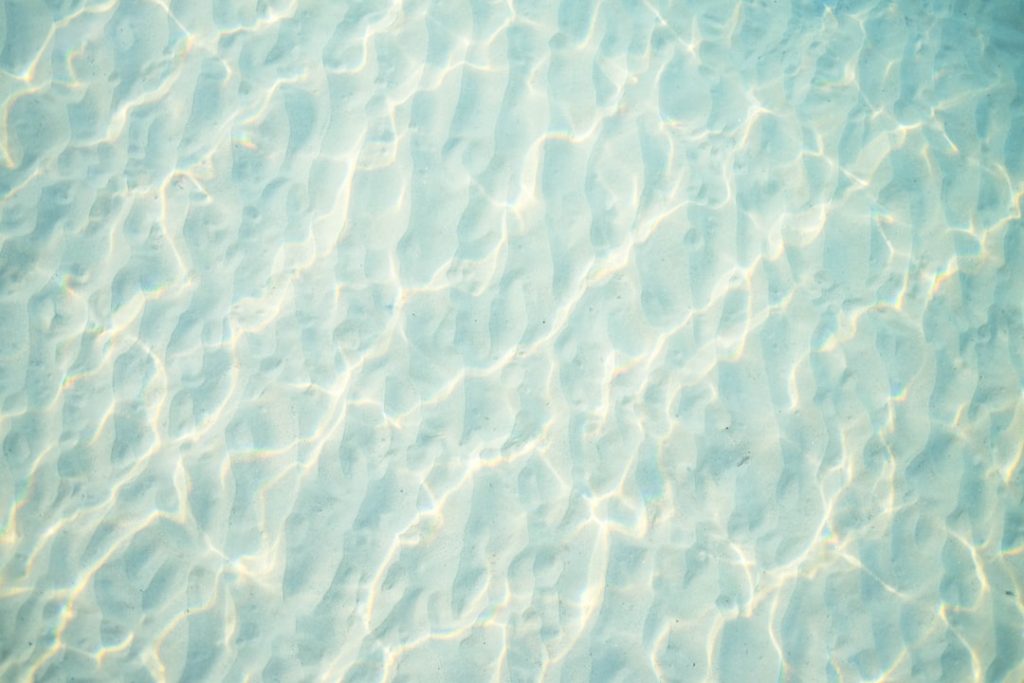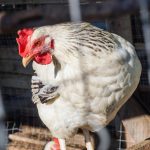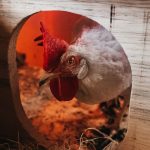Insulated water containers are effective tools for maintaining water temperature in various weather conditions. These containers utilize insulation to prevent water from freezing in cold temperatures and to keep it cool in warm weather. The insulation works by creating a barrier between the water and the external environment, slowing heat transfer in both directions.
These containers are available in a range of sizes and designs to accommodate different needs, from small backyard coops to large barns. The insulation helps retain the water’s heat in cold conditions, keeping it in a liquid state even when ambient temperatures drop below freezing. Conversely, in hot weather, the insulation helps prevent rapid heating of the water by the sun, maintaining a more consistent and palatable temperature for animals.
By using insulated water containers, animal owners can ensure that their livestock or pets have continuous access to water at an appropriate temperature throughout the year. This is particularly important for maintaining animal health and hydration in extreme weather conditions.
Table of Contents
- 1 Heated Waterers
- 2 Adding Salt to Water
- 3 Using a Solar Heater
- 4 Using a Water Circulation System
- 5 Keeping Water in a Warm Location
- 6 Using a Water Warmer Base
- 7 FAQs
- 7.1 What are some easy ways to keep chickens’ water from freezing?
- 7.2 What is a heated waterer and how does it work?
- 7.3 How can I insulate my chickens’ water containers to prevent freezing?
- 7.4 What is a heated base and how does it help prevent water from freezing?
- 7.5 Is it safe to add hot water to chickens’ waterers to prevent freezing?
Key Takeaways
- Insulated water containers help prevent water from freezing in cold temperatures
- Heated waterers are a convenient way to ensure water stays liquid in freezing conditions
- Adding salt to water can lower its freezing point, preventing it from solidifying
- Using a solar heater can provide a sustainable way to keep water warm in outdoor settings
- A water circulation system can prevent water from freezing by keeping it moving
- Keeping water in a warm location, such as a heated barn, can prevent it from freezing
- Using a water warmer base can help maintain water temperature in cold weather
Heated Waterers
Design and Convenience
Heated waterers come in various designs, including standalone units and those that can be attached to existing water containers. They are easy to use and require minimal maintenance, making them a convenient option for keeping your animals hydrated during the winter months.
Energy Efficiency
One of the benefits of using heated waterers is that they are energy efficient. The heating elements are designed to use minimal electricity while still effectively keeping the water from freezing. This makes them a cost-effective solution for preventing frozen water in your animal enclosures.
Safety Features
Heated waterers are designed with safety in mind, featuring automatic shut-off mechanisms to prevent overheating. This gives you peace of mind knowing that your animals have access to safe, warm water even in the harshest of winter conditions.
Adding Salt to Water

Adding salt to water is a simple yet effective way to prevent it from freezing in cold temperatures. Salt lowers the freezing point of water, making it more resistant to turning into ice. By adding a small amount of salt to your animal’s water supply, you can help ensure that they always have access to liquid water, even when the temperature drops below freezing.
It’s important to note that you should only use food-grade salt when adding it to your animal’s water, as other types of salt may be harmful to their health. In addition to preventing freezing, adding salt to water can also provide health benefits for your animals. Salt is an essential mineral that is important for maintaining proper hydration and electrolyte balance.
By adding salt to their water, you can help ensure that your animals are getting the nutrients they need to stay healthy, especially during the winter months when they may be consuming less vegetation. However, it’s important to consult with a veterinarian before adding salt to your animal’s water, as excessive salt intake can be harmful.
Using a Solar Heater
Using a solar heater is an environmentally friendly way to prevent water from freezing in cold temperatures. These devices harness the power of the sun to heat the water, keeping it at a consistent temperature even when the weather is cold. Solar heaters come in various designs, including standalone units and those that can be integrated into existing water containers.
They are easy to install and require minimal maintenance, making them a convenient option for keeping your animal’s water supply from freezing. One of the benefits of using a solar heater is that it can help reduce your energy costs. By using renewable solar energy to heat the water, you can lower your reliance on traditional heating methods, such as electricity or propane.
This not only saves you money but also reduces your carbon footprint, making it a sustainable choice for keeping your animal’s water supply from freezing. Additionally, solar heaters are designed to be durable and long-lasting, providing reliable performance for years to come.
Using a Water Circulation System
Using a water circulation system is an effective way to prevent water from freezing in cold temperatures. These systems work by continuously circulating the water, preventing it from becoming stagnant and freezing over. Water circulation systems come in various designs, including submersible pumps and recirculating systems that can be integrated into existing water containers.
They are easy to install and require minimal maintenance, making them a convenient option for keeping your animal’s water supply from freezing. One of the benefits of using a water circulation system is that it helps maintain water quality. By keeping the water moving, these systems prevent the buildup of algae and bacteria, ensuring that your animals always have access to clean, fresh water.
This is especially important during the winter months when stagnant water can quickly become contaminated. Additionally, water circulation systems help distribute heat evenly throughout the water, preventing cold spots and ensuring that it stays at a consistent temperature.
Keeping Water in a Warm Location

Protecting Your Animals from Frozen Water
Keeping water in a warm location is a simple yet effective way to prevent it from freezing in cold temperatures. By placing your animal’s water containers in a sheltered area, such as a barn or coop, you can help protect them from the freezing temperatures outside. This can help maintain the temperature of the water and prevent it from turning into ice, ensuring that your animals always have access to liquid water.
The Benefits of Warm Water for Your Animals
In addition to preventing freezing, keeping water in a warm location can also help encourage your animals to drink more. Cold water can be unappealing for animals, especially during the winter months when they may already be feeling chilly. By keeping their water containers in a warm location, you can help ensure that they stay hydrated and healthy, even when the weather is cold outside.
A Simple Solution for a Healthy and Happy Herd
By implementing this simple solution, you can provide your animals with the water they need to thrive, even in the coldest of temperatures.
Using a Water Warmer Base
Using a water warmer base is an effective way to prevent water from freezing in cold temperatures. These bases are equipped with a heating element that keeps the bottom of the water container warm, preventing it from turning into ice. Water warmer bases come in various designs, including heated mats and platforms that can be placed underneath existing water containers.
They are easy to use and require minimal maintenance, making them a convenient option for keeping your animal’s water supply from freezing. One of the benefits of using a water warmer base is that it helps prevent ice from forming on the surface of the water. This makes it easier for your animals to access the liquid water, ensuring that they stay hydrated even in cold temperatures.
Additionally, some water warmer bases are designed with thermostatic controls that automatically adjust the temperature based on the surrounding conditions, providing reliable performance without requiring constant monitoring. In conclusion, there are several effective methods for preventing water from freezing in cold temperatures. Whether you choose insulated water containers, heated waterers, adding salt to water, using a solar heater, employing a water circulation system, keeping water in a warm location, or using a water warmer base, it’s important to ensure that your animals always have access to clean, fresh water at a comfortable temperature.
By implementing these strategies, you can help keep your animals hydrated and healthy throughout the winter months.
If you’re looking for more tips on keeping your chickens happy and healthy, check out this article on chicken coop run plans. It offers great ideas for creating a safe and spacious outdoor area for your flock to roam and exercise. Plus, it’s a great way to ensure they have access to fresh air and sunshine, which is essential for their overall well-being.
FAQs
What are some easy ways to keep chickens’ water from freezing?
Some easy ways to keep chickens’ water from freezing include using heated waterers, insulating the water containers, using a heated base, and adding hot water to the waterers regularly.
What is a heated waterer and how does it work?
A heated waterer is a water container with a built-in heating element that prevents the water from freezing. It works by maintaining a constant temperature in the water, preventing it from reaching freezing temperatures.
How can I insulate my chickens’ water containers to prevent freezing?
You can insulate your chickens’ water containers by wrapping them in foam insulation or using insulating materials such as bubble wrap or old blankets. This helps to retain the heat and prevent the water from freezing.
What is a heated base and how does it help prevent water from freezing?
A heated base is a platform with a built-in heating element that can be placed under the water container. It helps prevent water from freezing by providing a constant source of heat to the bottom of the container, keeping the water at a temperature above freezing.
Is it safe to add hot water to chickens’ waterers to prevent freezing?
Yes, it is safe to add hot water to chickens’ waterers to prevent freezing. However, it is important to use water that is not too hot to avoid injuring the chickens or damaging the waterers. Additionally, adding hot water may only provide temporary relief from freezing and may need to be repeated throughout the day.
Meet Walter, the feathered-friend fanatic of Florida! Nestled in the sunshine state, Walter struts through life with his feathered companions, clucking his way to happiness. With a coop that’s fancier than a five-star hotel, he’s the Don Juan of the chicken world. When he’s not teaching his hens to do the cha-cha, you’ll find him in a heated debate with his prized rooster, Sir Clucks-a-Lot. Walter’s poultry passion is no yolk; he’s the sunny-side-up guy you never knew you needed in your flock of friends!







